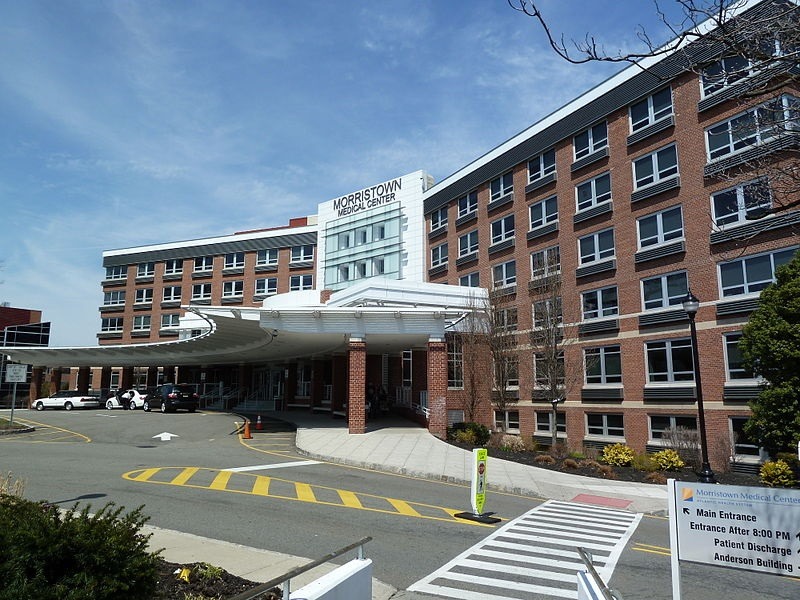
July 7, 2015; NJ Spotlight
A few weeks ago, NPQ reported on a decision in New Jersey in which a judge determined that a nonprofit hospital in Morristown would be liable for property tax for the years 2006–2008. The judge even said that if the Morristown Medical Center was typical, then nonprofit hospitals are a “legal fiction.” At the end of the article, we wondered if this would have some national fallout or repercussions, and apparently we were not alone in asking that question. Experts, thought leaders, and legislators have all had reactions to the decision.
An analysis posted on Law360 shortly after the ruling offers three takeaways. One is that mixing charity and profit leads to lawsuits. This case is different from most others, where the decisions centered on how much the hospital donated to the local community. In Morristown, the decision was based on the organization’s structure, in which for-profit and nonprofit entities became entangled. A second takeaway is that payments in lieu of taxes, or PILOTs, might offer an alternative. The third takeaway is that legislators will take on tax exemptions.
This third takeaway is what happened in Illinois in 2012 following a similar decision against a local hospital. Legislation drafted in 2012 ended years of wrangling over the issue of property tax for nonprofit hospitals by defining what constitutes donation to the community, or charity care, and that those costs can be taken as a deduction to the point of full exemption. In the legislation, charity care constitutes such things as the annual Medicaid shortfall, contributions to community health care organizations, and subsidies offered to physicians treating low-income patients. Under the bill, if a hospital’s property tax is $20 million, it must provide at least that much in charity care to claim the exemption.
The second takeaway appears to be already underway in New Jersey as legislators are reportedly considering the use of PILOTs to get hospitals to “pay their fair share.” PILOTs could be problematic, according to some, because they are inherently hard to legislate. If one hospital gets a deal to pay a certain amount, does every hospital get the same deal or do they all have to be negotiated? PILOTs pay for only certain services, and do not necessarily contribute to education in the local municipality.
Sign up for our free newsletters
Subscribe to NPQ's newsletters to have our top stories delivered directly to your inbox.
By signing up, you agree to our privacy policy and terms of use, and to receive messages from NPQ and our partners.
One interesting reaction comes from Moody’s, which suggests that having Morristown Medical Center pay taxes or a PILOT would be a benefit to the credit rating of that municipality. In fact, if the decision were extended to nonprofit hospitals around the state, it would benefit those municipalities and school districts where nonprofit hospitals are located. Morristown Medical and other hospitals that are part of larger conglomerates would see little or no impact on their own credit ratings, as those entities have enough financial surplus to cover the cost of the taxes. Smaller, independent hospitals, however, would see their credit ratings suffer. This would have an impact if those smaller hospitals were to pursue loans for new facilities or equipment.
Another ratings organization, Fitch, challenges Moody’s assumption, however, that this decision could have national implications. Moody’s suggestion is that other states would pursue similar decisions against more nonprofit hospitals (and perhaps universities as well) seeking additional revenue in property tax assessment. Fitch Ratings says this is unlikely, noting that the decision in the Morristown case is one of very few cases in recent decades that have gone against the hospital. What is more likely, according to the press release from Fitch, is that a deal will be cut for the hospitals to pay PILOTs and for legislation to be drafted that would clarify what classifies as a community benefit and therefore justifies tax exemption for a hospital.
The implications of the judge’s decision in New Jersey could be far-reaching. As the CEO of the New Jersey Hospital Association, Betsey Ryan, is quoted as saying, “I could imagine entities like higher education, other health providers such as nursing homes, maybe churches that run schools or daycare centers – all of them watching this unfold with a lot of concern.”
The author of this newswire thanks G. Meredith Betz for her help finding resources for this report.—Rob Meiksins










